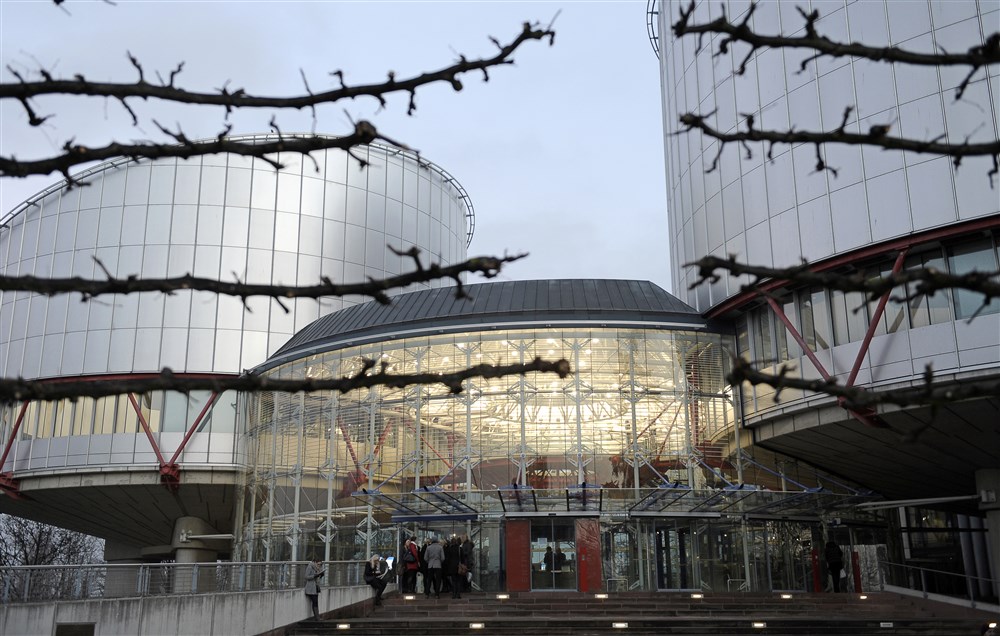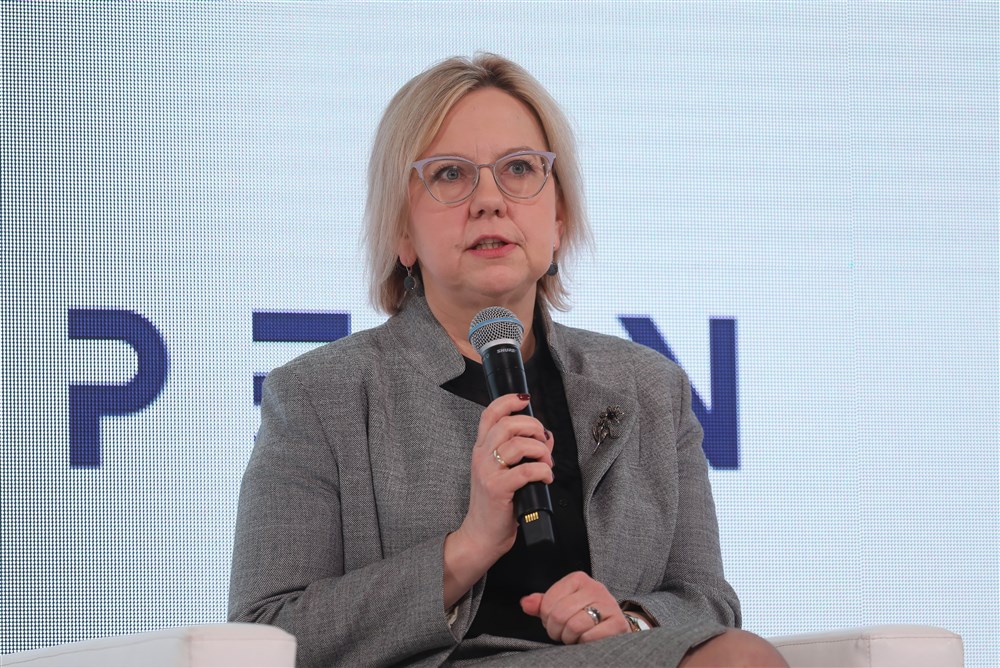Abortion has been a hugely divisive issue in the United States ever since the 1973 Roe v Wade judgment fifty years ago. Europe has avoided such a high pitched and polarised debate – but it may gradually be becoming more like the US on this issue than many of us would like to imagine.
Europe likes to think that it is “better” and more sophisticated than the US, but on abortion many EU institutions, NGOs and media are becoming as myopic and specious about a nuanced issue.
Two recent court cases in Europe illustrate this. The European Court of Human Rights on June 8 quashed a case brought against the 2020 decision of the Polish Constitutional Court that prohibited so-called eugenic abortion based on foetal abnormalities. On June 12 in the UK, a judge sentenced a woman to 28-months imprisonment —comprising 14 months in custody and the remainder on licence after her release — for taking pills to trigger an abortion 8-months into her pregnancy.
Both court decisions upheld the systems of checks and balances on abortion — also known as the law of the land — in Poland and the UK. These decisions brought about a furious response from abortion activists. In both cases, it appears that for much liberal opinion — certainly those who are most vocal and get their opinions aired publicly — to have any restraints on abortion is anathema.
Imediately after the 2020 ruling of the Polish Constitutional Court, feminist groups organised large-scale street protests demanding the case go to the ECHR, reports the European Conservative. Their tactic was to “use the judiciary to exert pressure on the European Union institutions to compel Poland to change its legislation.”
Similarly in the UK, after the judge’s June 12 ruling, media, commentators and organisations— including the Royal College of Midwives — rushed to call for “compassion” to be shown to the woman instead of a jail sentence. The argument went that the case proves that her predicament shows that further liberalisation and decriminalisation of the law around abortion is urgently needed.
The woman clearly deserves compassion, yes — the whole sad affair happened during lockdown when access to advice and support were impeded. But there is no avoiding the fact that she broke the law — and in doing so ended the life of a human being. There are plenty of people walking around today who were born prematurely around the same 32- to 34-week stage of this abortion.
Furthermore, instead of putting the child up for adoption, as some rare voices in the media have pointed out was an option, she chose to abort because during lockdown she had moved back in with her long-term but estranged partner who was not the father of the child, reports the Catholic Herald. She acquired the mifepristone and misoprostol by contacting the British Pregnancy Advisory Service and lying that she was only seven and a half weeks pregnant.
Among all that, she got a lot wrong and broke the law — and the judge ruled accordingly. And yet still the clamour about injustice from the pro-abortion lobby, forever clutching at abstracts while failing to even acknowledge some hint of the reality for the second party involved at the end of the sequence those pills set in motion.
As in the US, for many people in the EU, abortion has become a proxy for a concept of complete individual freedom that, in addition to being confusedly bestowed with holy reverence, is a degree of freedom that none of us actually can ever have. We are all constrained in how far we can act. Otherwise, anarchy is unleashed. Hence we have laws as a further failsafe. But for many, this reality fails to register when it comes to abortion. I’ve reported on and spoken to men utterly broken and scarred by their partner having an abortion (typically against their wishes).
In Ireland the build-up to the 2018 repeal of the 8th amendment —which effectively banned abortion — was attended by a toxic and acrimonious culture, absent genuine debate and in which anyone who opposed the repeal (and thus wanted the abortion law to remain) were pilloried and criticised. At the same time, the “trendification” of the pro-abortion stance — and the corporate and fashionable branding away of any nuance and complexity — was exemplified by the black “REPEAL” jumpers that legions of young women wore and media promulgated and praised.
I remember news images of celebrating crowds after the result of the referendum became official. I understand why a woman would be pro-choice. But the degree of glee (often hysterical joy) spoke to something else behind the proxy of abortion. I am not entirely sure what it was: perhaps a hatchet job of conditioning through years of media and activist propaganda, with EU societies — especially younger generations — being forever steeped in simplistic media narratives that shut out debate while pushing one agenda.
It’s the sort of reductionist media narratives that did for us all when it came to lockdowns. Civil liberties went up in smoke, with no pushback from the Fourth Estate that is supposed to protect us from authoritarianism.
Unfortunately, those obstinate narratives have not changed. If they have changed at all, it is by becoming more aggressively certain of their rightness — with disturbing implications on the ground.
Recently in the UK Isabel Vaughan-Spruce was arrested for praying silently near a closed abortion clinic in Birmingham. The local city council had implemented a Public Spaces Protection Order enforcing a 150-metre buffer zone policy. She has recently been acquitted.
It was a damning indictment of where the UK is at on an whole host of issues, especially on freedom of speech and conscience. It is proof that despite Brexit, and all the proclamations of regaining “sovereignty”, the country is still going along with the EU’s institutional bias around abortion (just as it did when it came to the response to Covid-19).
The level of acrimony around abortion in the EU might even become worse than in the US. Recent events have shown that US institutions can flex on the issue and that a diversity of opinion is to be found within them.
The overturning of Roe v. Wade by the US Supreme Court illustrates that the US is willing to upset the status quo by returning abortion to the State level — far more in keeping with the US political ethos of empowering states’ rights over big government— thereby provoking debate and democratic mechanisms to tackle the abortion conundrum.
That process is all but guaranteed to be painful, uncomfortable and heated. But more open discussion, coupled with voter engagement, is sorely needed — both in the US and in the EU. It’s time to stop ignoring the slippery slope society is sliding down.






Institutional bias: the European Parliament has failed to tackle the real issues raised by Covid-19 and its lockdowns